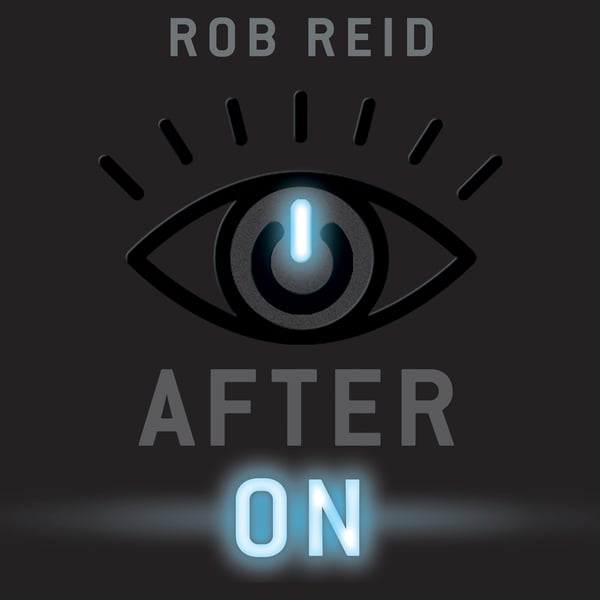55: Detecting Disease Outbreaks from Internet Traffic | Seth Stephens-Davidowitz
The After On Podcast
Rob Reid
4.9 • 2.1K Ratings
🗓️ 23 April 2021
⏱️ 102 minutes
🧾️ Download transcript
Summary
This is closely tied to a 4-hour collaboration between Sam Harris and me, which Sam is posting to his podcast's feed. I strongly recommend that episode too! But it's not "required" for you to get everything out of this fascinating conversation with Seth.
Transcript
Click on a timestamp to play from that location
| 0:00.0 | Welcome to the After-On podcast. I'm your host, Rob Reed, bringing you conversations |
| 0:08.6 | with thinkers, founders and scientists. They're in depth and unheard, and are structured |
| 0:14.1 | to bring you up to a top percentile understanding of something important. So, whether you're |
| 0:20.0 | into startups or ideas, a techie or lit major, take your time, engage your mind, and you'll |
| 0:34.3 | be glad you did. Hello listeners, and welcome to the first episode of the 2021 series of the |
| 0:37.0 | After-On podcast. It has been quite a while since my last real episode, so I have a fair |
| 0:42.4 | amount of housekeeping to cover today. But before getting into that, a quick preview |
| 0:46.8 | of the episode. Today we're going to talk to data scientists and author Seth Stevens-Dividowitz. |
| 0:53.1 | Seth is a New York Times contributor, a Google alum, and the author of Everybody Lies, Big Data, |
| 0:59.4 | New Data, and what the internet can tell us about who we really are. As you'll soon hear, |
| 1:05.0 | Seth analyzes giant pools of digital data like the geographic origin and frequency of the queries |
| 1:11.0 | we type into Google and other search engines to reveal surprising realities about society, |
| 1:16.0 | and the human psyche. He and I cover a lot of subjects in our interview, starting out with one |
| 1:21.2 | that's of urgent interest to me, which is the potential for search engine data to pinpoint |
| 1:26.0 | sudden outbreaks of disease, days, or even weeks before local public health authorities become |
| 1:31.3 | aware of them. As you'll soon hear, Seth and others have clearly demonstrated this potential |
| 1:36.6 | in their work. Work that society should expand on dramatically to see if we can create a global |
| 1:42.5 | early warning system for outbreaks of all kinds, above all novel clusters of symptoms that could |
| 1:48.8 | signal the rise of a new pathogen. If the world had picked up on this sort of signal just two to |
| 1:54.0 | three weeks before things spun out of control in Wuhan, the vast tragedy of the COVID pandemic might |
| 2:00.3 | have been averted. Now, it may or may not be possible to build a truly reliable outbreak monitor |
| 2:06.3 | from internet data. As Seth and I discuss, unfreatening signals might easily be mistaken for outbreaks, |
... |
Please login to see the full transcript.
Disclaimer: The podcast and artwork embedded on this page are from Rob Reid, and are the property of its owner and not affiliated with or endorsed by Tapesearch.
Generated transcripts are the property of Rob Reid and are distributed freely under the Fair Use doctrine. Transcripts generated by Tapesearch are not guaranteed to be accurate.
Copyright © Tapesearch 2025.

